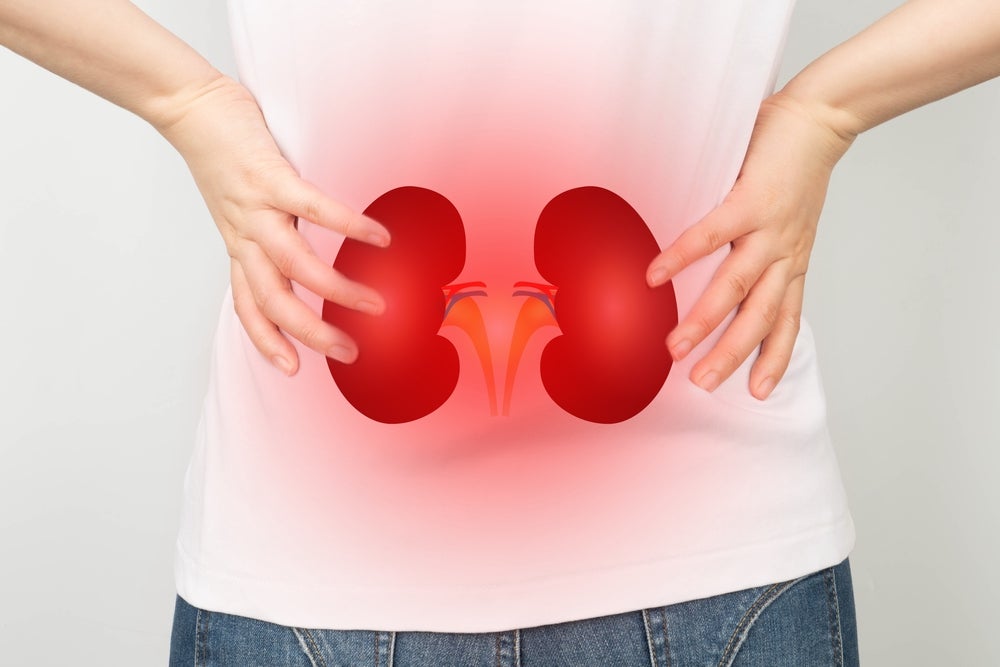Study Finds Morning Coffee Offers Greater Heart Protection Than All-Day Caffeine Consumption
Recent research published in the esteemed European Heart Journal has unearthed compelling findings surrounding the relationship between coffee consumption patterns and mortality risks, particularly concerning cardiovascular disease. This study, spearheaded by Dr. Lu Qi from Tulane University, delves into how the timing of coffee intake plays a crucial role in health outcomes, potentially shaping dietary […]


Recent research published in the esteemed European Heart Journal has unearthed compelling findings surrounding the relationship between coffee consumption patterns and mortality risks, particularly concerning cardiovascular disease. This study, spearheaded by Dr. Lu Qi from Tulane University, delves into how the timing of coffee intake plays a crucial role in health outcomes, potentially shaping dietary recommendations for millions of coffee enthusiasts worldwide.
The study scrutinized data from the US National Health and Nutrition Examination Survey (NHANES), which spanned nearly two decades, capturing the dietary habits of 40,725 adults. Participants were asked about their coffee consumption, including the timing and amount, thus allowing researchers to classify individuals into distinct categories: morning coffee drinkers, all-day coffee drinkers, and non-coffee drinkers. The analysis also included an intensive review of a subset of 1,463 individuals who meticulously documented their intake through detailed food diaries over a week.
One of the most striking revelations of this research was the association between morning coffee consumption and a significantly reduced risk of mortality. The findings suggest that morning coffee drinkers displayed a 16% lower risk of all-cause mortality and a remarkable 31% decreased risk of dying from cardiovascular disease when compared to those who abstained from coffee entirely. Interestingly, all-day coffee drinkers did not see similar reductions in risk, which raises questions about the impact of continuous caffeine intake throughout the day on long-term health.
Dr. Qi emphasizes the importance of the timing in coffee consumption, asserting that this factor could influence various health outcomes. While moderate drinkers—those consuming two to three cups—reaped health benefits, heavy morning drinkers, notably those drinking more than three cups, also demonstrated lower mortality risks. Even light morning drinkers, despite their smaller consumption, experienced a decrease in risk compared to non-drinkers.
The implications of this study are profound, as they challenge conventional wisdom surrounding coffee consumption. Caffeine, a fundamental component of coffee, has been recognized for its stimulatory effects on the central nervous system, leading to improved alertness and cognitive function. However, Dr. Qi’s research suggests that the morning consumption of coffee could yield protective effects against chronic diseases, prompting a reevaluation of dietary recommendations in public health messaging.
The concept of circadian rhythms is fundamental to understanding the observed effects of morning coffee consumption. Consuming caffeine in the afternoon or evening could potentially disrupt these rhythms, leading to adverse health outcomes. Dr. Qi speculates that such disruptions may interfere with hormone levels, including melatonin, which regulates sleep patterns and is crucial for the maintenance of overall health. Consequently, the timing of coffee intake could play a pivotal role in modulating cardiovascular risk factors such as inflammation and blood pressure.
The findings of this study echo sentiments expressed in an accompanying editorial by Professor Thomas F. Lüschler from Royal Brompton and Harefield Hospitals. He noted the significant correlation between morning coffee patterns and decreased mortality risks, highlighting the intricate relationship between sympathetic activity and circadian rhythms. As human beings naturally transition from a state of sleep to wakefulness, morning coffee might harness this physiological phenomenon to bolster heart health.
This research underscores an emerging narrative in nutritional science: the timing of food and beverage consumption may be just as crucial, if not more so, than the quantity consumed. As we find ourselves in an increasingly health-conscious society, these revelations offer insights into how simple adjustments in daily habits—like shifting coffee consumption to the morning hours—may yield substantial benefits for long-term health.
Further investigations are essential to validate these findings in diverse populations and establish the causal relationship between coffee timing and health outcomes. Dr. Qi calls for randomized clinical trials to explore the potential effects of altering coffee consumption timing, emphasizing that understanding the underlying mechanisms may open new doors in preventive health strategies.
In conclusion, the research serves as a wake-up call to coffee enthusiasts: consuming coffee in the morning may not merely be a ritual but a vital approach to enhancing health and prolonging life. As the global coffee culture continues to thrive, integrating these findings into health guidelines could empower individuals to make informed choices, aligning their caffeine habits with improved cardiovascular health and enhanced well-being.
Understanding the implications of this research could lead to significant shifts in public health recommendations, particularly regarding dietary habits and chronic disease prevention. As scientists delve deeper into the intricacies of nutrition and its effects on health, one conclusion remains clear: the way we consume our daily cup of coffee matters more than we ever truly understood.
Subject of Research:
Article Title:
News Publication Date:
Web References:
References:
Image Credits:
Keywords:
What's Your Reaction?

































